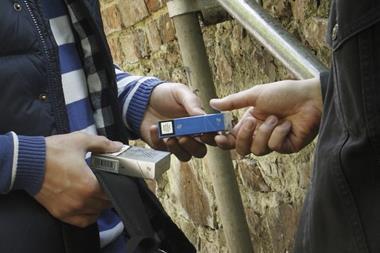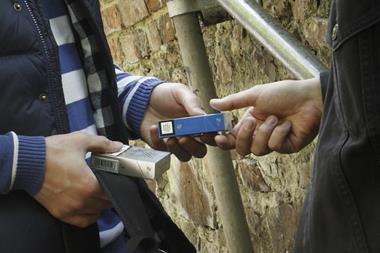Local shops should ban people who buy alcohol on behalf of underage drinkers, according to an influential think tank.
A new report by Demos found that young people were significantly more likely to get alcohol through proxy purchasing than they were from their local shops.
It recommends that shops put up posters at the till to make clear that proxy purchasers face a ban and potentially prosecution. These posters could include a photo of adults or parents to ‘name and shame’ proxy purchasers.
Supported by the Association of Convenience Stores (ACS), the Sobering Up report also calls on police and local authorities to use the threat of tougher punishment to discourage proxy purchasing, such as community service.
Jonathan Birdwell, head of the Citizens Programme at Demos and author of the report, said: “The majority of teens get their alcohol through parents, friends and older siblings, rather than buying it themselves. However, these proxy-purchasers aren’t facing the consequences for the harm they are doing.
“We need to crack down on adult enablers. Shaming methods could turn the tide.”
The report cites the success of Portsmouth City Council’s ‘Proxywatch’ scheme, in which members of the public and shop staff can report incidences of proxy-purchasing to a 24-hour hotline. A part of the campaign is raising awareness among retailers, which has seen test-purchase failure for alcohol and tobacco fall from 33% to 2.5% in four years.
It also advises local shops to offer training on how to refuse sales, or provide panic buttons to help staff deal with rowdy, drunk customers.
Speaking at the ACS Heart of the Community event, Nisa Mickleton retailer Harj Dhasee said it was easy to spot 18-21-year-olds who buy alcohol for friends. “But how do you spot the parents who proxy purchase?
“The police once accused me of selling alcohol under-age when it was the parents. We had to look through one-and-a-half hours of CCTV footage before they believed me,” he said.

















No comments yet